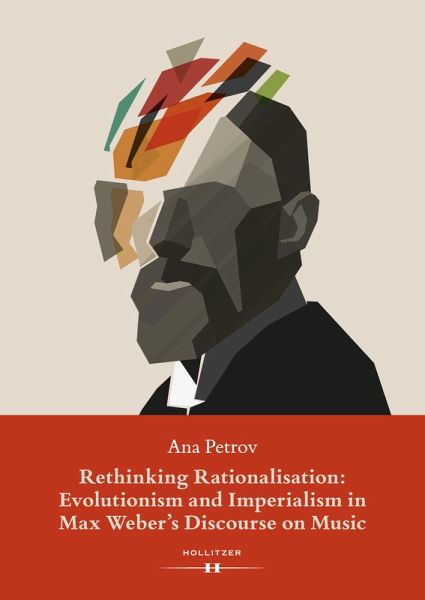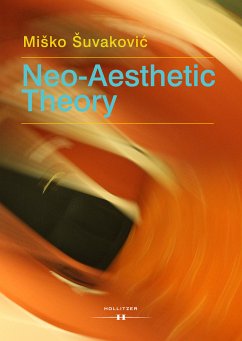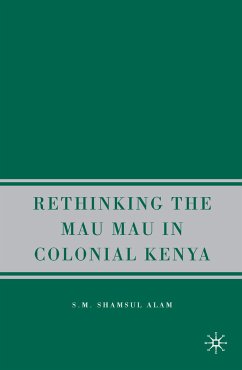
Rethinking Rationalisation: Evolutionism and Imperialism in Max Weber's Discourse on Music. (eBook, PDF)
Versandkostenfrei!
Sofort per Download lieferbar
Statt: 39,90 €**
34,99 €
inkl. MwSt. und vom Verlag festgesetzt.
**Preis der gedruckten Ausgabe (Gebundenes Buch)
Weitere Ausgaben:

PAYBACK Punkte
0 °P sammeln!
Max Weber as a sociologist of music? Scrutinising an array of nineteenth-century discourses on the concept of 'development' in music, Ana Petrov focuses on Max Weber's theory of rationalisation in music, which led him to see 'rationalised' music as the most 'developed', the most 'complex' and the 'best' music that the whole of civilisation had ever achieved. Weber was convinced that his analysis could prove that the 'peak' of the rationalisation process was to be found in the 'great' masterpieces of German composers, starting with Johann Sebastian Bach and finishing with Richard Wagner. Petrov...
Max Weber as a sociologist of music? Scrutinising an array of nineteenth-century discourses on the concept of 'development' in music, Ana Petrov focuses on Max Weber's theory of rationalisation in music, which led him to see 'rationalised' music as the most 'developed', the most 'complex' and the 'best' music that the whole of civilisation had ever achieved. Weber was convinced that his analysis could prove that the 'peak' of the rationalisation process was to be found in the 'great' masterpieces of German composers, starting with Johann Sebastian Bach and finishing with Richard Wagner. Petrov argues that Weber's allegedly 'neutral' concepts were far from 'innocent' and 'ideology-free', but rather outcomes of his social and intellectual background. She explores the implications of Weber's concept of rationalisation in music, discussing correlations between the theories of evolution and rationalisation and the paradigm of cultural imperialism, which can be recognised in Weber's promulgation of the superiority of Western music traditions.
Dieser Download kann aus rechtlichen Gründen nur mit Rechnungsadresse in A, B, BG, CY, CZ, D, DK, EW, E, FIN, F, GR, H, IRL, I, LT, L, LR, M, NL, PL, P, R, S, SLO, SK ausgeliefert werden.













